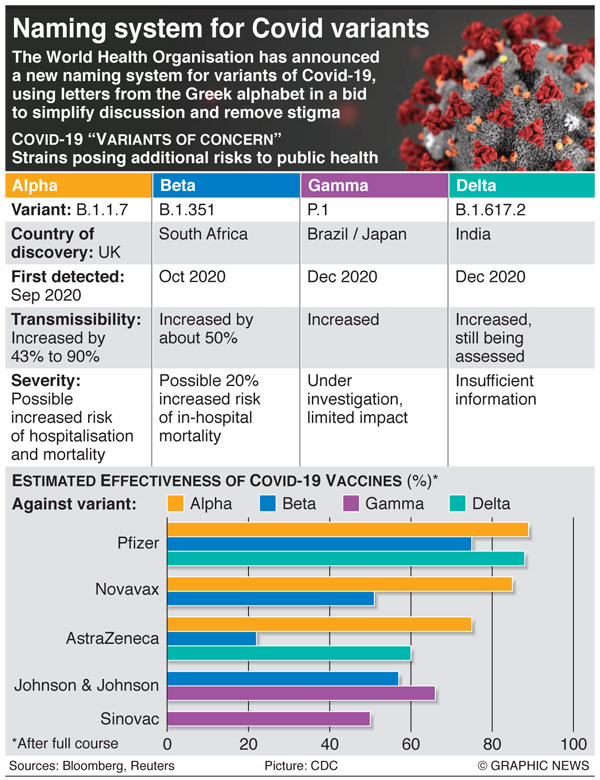News
G7 health chiefs to bolster joint efforts to combat future threats
View(s):
People maintain social distancing while waiting to get a dose of the Covaxine vaccine at a vaccination camp in Chennai on June 4. (AFP)
LONDON, June 5, (AFP) – G7 health ministers meeting in Britain agreed Friday to step up coordination against future pandemics and other threats, but made no new commitments to speed up vaccine deliveries to less developed countries.
Ministers from the group of wealthy nations, meeting in Oxford in southern England ahead of next week’s G7 summit, agreed a new charter to deliver international clinical trials of treatments and vaccines.
The agreement aims to make it easier and quicker to share results from vaccine and therapeutic trials to tackle Covid-19 and future health issues, the ministers said in a joint declaration.
The pact should help to avoid unnecessary duplication of efforts and speed up the elimination of medicines that do not work, the statement added.
The ministers also agreed to collaborate on mutual recognition of testing and vaccination certificates across countries.
British Health Secretary Matt Hancock hailed the “landmark agreements” as ensuring the world would be “better prepared for future threats”.
They contain “a series of measures to make us all safer by improving clinical trials, quicker and wider access to safe vaccines, better use of data, (and) more accurate health surveillance tools,” he said in a statement.
But facing growing calls to ensure a fairer global distribution of vaccine doses, the G7 health gathering failed to break new ground, reiterating previous commitments to share doses “as soon as possible”.
Poorer countries, which do not have enough stocks for comprehensive inoculation programmes, have lagged behind in their jabs’ drives as they wait for stocks.
G7 countries are already committed to support the Covax global vaccine sharing programme, but the World Health Organization and others have warned it is short of around 200 million doses in the short-term.
President Joe Biden outlined his plans Thursday to export the first of the 80 million shots that the United States has pledged to distribute globally by July.
Seventy-five percent of the shots will be disbursed via the Covax programme, set up to supply poorer nations with vaccine doses.
But Britain — which has ordered more than 400 million doses of various vaccines — has repeatedly said it is not yet ready to donate its excess doses.
“We emphasise our support for global sharing of safe, effective, quality and affordable vaccine doses including working with COVAX when domestic situations permit,” the G7 health ministers’ declaration said.


